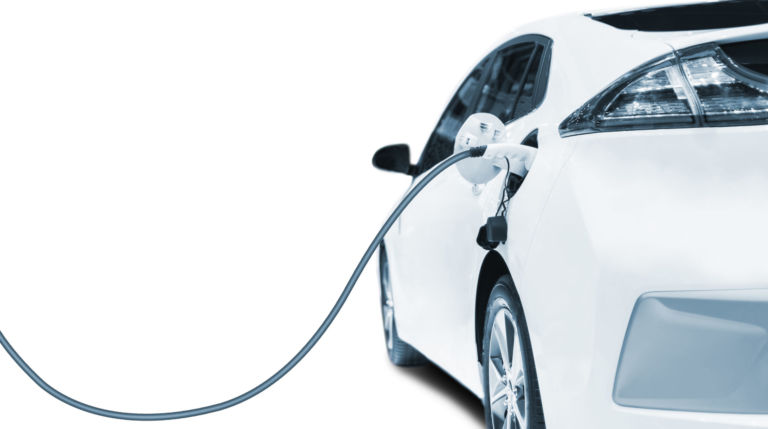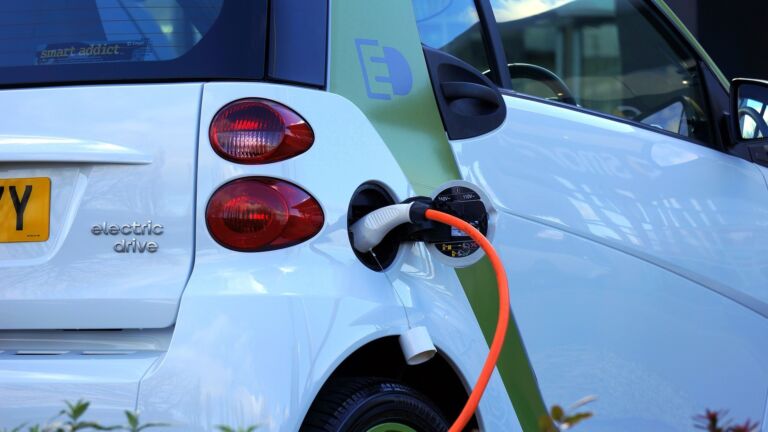John Hinderaker of the Powerline blog takes a critical look at electric vehicles’ future.
Electric vehicles have been around for 100 years or so. They lost out to gasoline powered cars because gasoline powered cars are better. Is that ever going to change? At the Telegraph, Michael Kelly draws an analogy to the Concorde:
“The man in the street has failed to embrace BEVs for the same reason he failed to embrace Concorde nearly 50 years ago: the extra cost – of order £10,000 per vehicle – represents an insurmountable barrier. People might pay the extra if they were getting something better in performance terms, but range anxiety and the lack of convenient recharging infrastructure remain formidable hurdles. Insurance costs are high too, with figures as high as £6000 quoted in the media.”
A tendency to spontaneously combust will tend to drive up insurance rates. But that isn’t the worst of it:
“There are other cost pressures on EVs. While oil and gas are widespread commodities, with numerous suppliers around the world, the materials for BEV batteries are mostly controlled by China. Expansion of the EV market will reap rich rewards for Beijing (while simultaneously causing immense environmental damage): and limited supplies combined with rising demand will push up prices still further.”
Politicians are demanding that we switch to EVs while at the same time transforming our electrical grid by turning to wind and solar generation–which is impossible, and won’t happen:
“Another source of cost inflation is human resources. We will need 40,000 professional engineers for the next 30 years just to expand the electricity supply industry – generation, transmission and distribution – to cope with the 170 per cent increase in demand required by the planned transition to all-electric transport and heating, both industrial and domestic.”
You might assume that someone has gotten out a pencil and paper and figured out how a transition to “green” energy, accompanied by a transition to EVs, can possibly be implemented. But you would be wrong. There is no plan, no demonstration project, no set of calculations, no plausible feasibility study. The whole thing is a fantasy which will cause ever-increasing damage if politicians insist on pursuing it.


